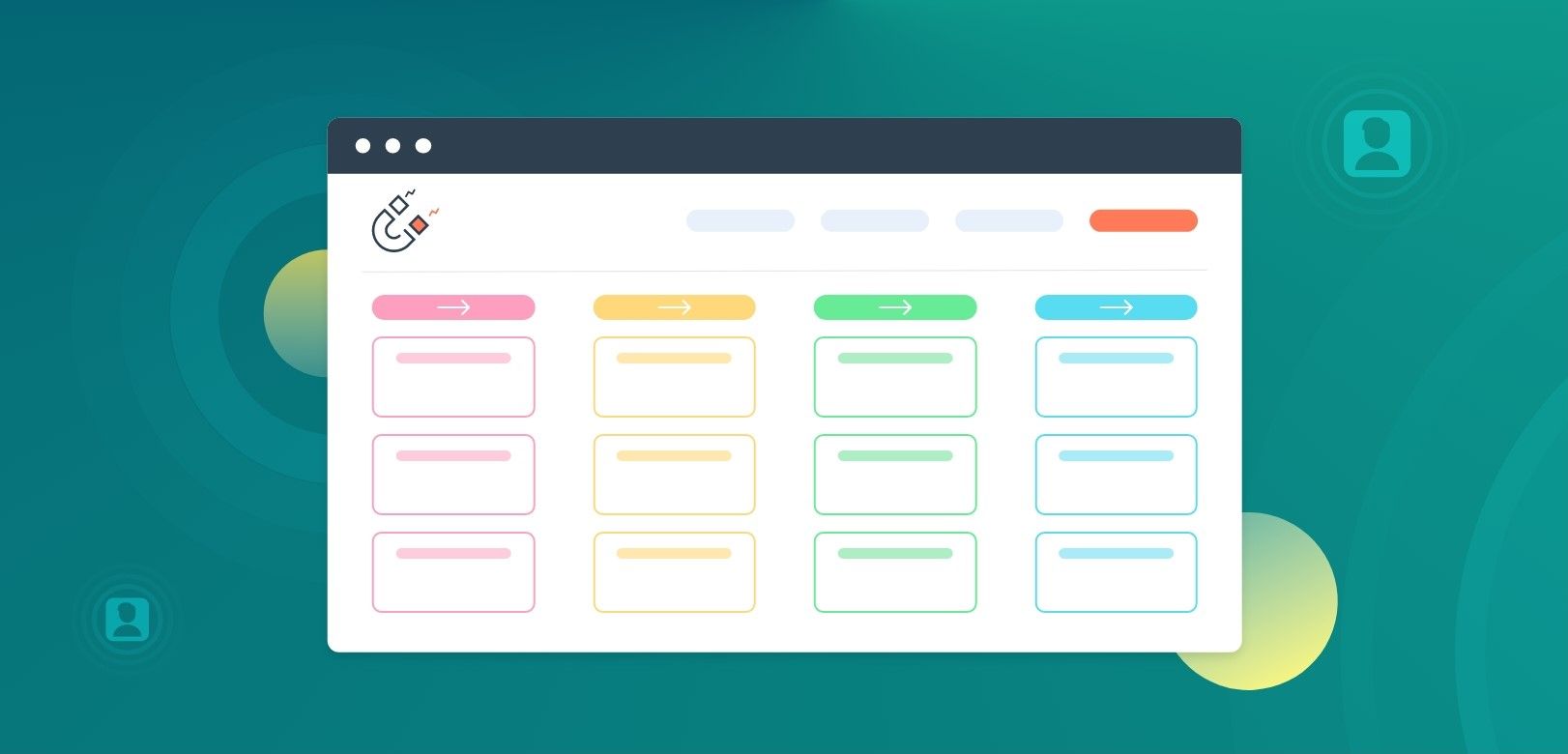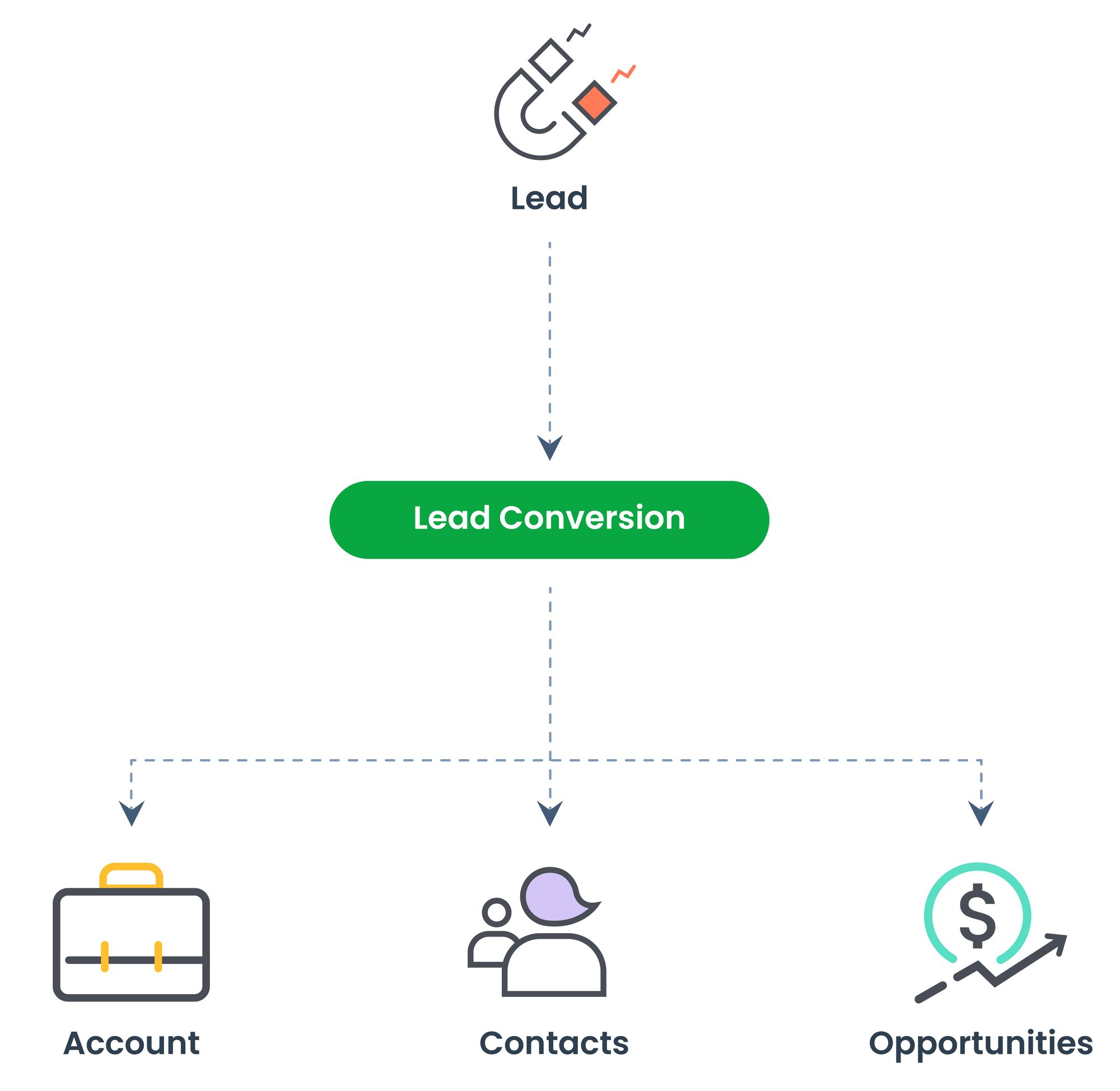Why do you need Lead module in CRM?
Learn the importance of the lead module and read about how the lead module in the CRM helps you divide your lead into your contacts, accounts, and opportunities.

Whether it’s a B2B organisation or a B2C organisation, generating sales leads and converting them to customers is critical for business growth. But how do we define leads?
Let’s understand.
In this blog, we will look into
- What is lead?
- Stages of leads
- Lead conversion process
- Difference between Leads, Accounts, Contacts and Opportunities
- Why lead module is important?
- Conclusion
What is lead?
Lead is an individual or an organisation with the potential to become a customer/client to your business. Lead can be either an individual business owner or a company representative.
Typically, lead details such as the company, requirements, etc. are unknown. But there is some vague idea that a specific individual might be interested in your offerings. The leads can be generated through various methods such as buying a list of leads, Google advertising, webinars, meetings and conferences, web forms, LinkedIn tools, etc. On the other hand, they can also be imported.
Stages of Leads
The stages of leads will vary from business to business but let's look at a basic framework of lead stages. There are basically 5 stages of leads that we all can agree upon

1. Lead
This is the first stage of any sales process. In this stage, a prospect is introduced to your business. All thanks to your marketing efforts.
Say, you ran a Facebook ad campaign targeting earning professionals within the age range of 24-45. A visitor, (let’s name him John), sees and clicks on your ad and is redirected to your landing page. John glances through your page and on a whim, he enters his contact details in the web form in exchange for a promo code.
Now, John is in the lead stage.
2. Prospect
Your team starts nurturing him with various lead nurturing strategies. They involve your lead purposefully by providing all the necessary and relevant information, supporting them in any way possible through multiple channels.
After the nurturing process is initiated, slowly but steadily, your lead will develop more interest in your business. And eventually, sign up for a consultation or demo call.
3. Opportunity
After signing up for a demo call or consultation call, John becomes a sales opportunity. It depends on you and your team to provide all the details John needs and help him understand how your product or service can be useful for him. If John gets convinced and would like to purchase your product or service, he would be moved to the next stage of leads.
4. Custom stages
Custom stages are optional and vary from business to business. For some business, this might be evaluating phase where John subscribes to the trial package and then, take a decision about a long-term subscription. For other businesses, it might be a set of stages depending on their requirements.
5. Closing
After all the nurturing efforts, John might decide to purchase your offerings. In this case, the opportunity is considered as “Won”. But, in case, John chose not to go ahead with the purchase or subscription, that opportunity is considered “Lost”.
Lead conversion process
“Conversion” is often a vague term that is commonly used among marketers and salespeople. For example, if you are doing inbound marketing, a “conversion” might be a website visitor who submits a form to receive your blog updates. But for a sales-driven business, a conversion might be a won opportunity.
In other words, “conversion” is subjective — some businesses have a different idea of what conversions look like than others. However, in Pepper Cloud CRM, lead conversion is a specific process through which leads become accounts and contacts. The purpose of lead conversion is to enable the user to assess lead data, qualify the lead, and then “convert” that lead into either an existing account and contact or a new account and contact.

The entire lead conversion process takes place when the lead has been vetted by a member of your team.
Difference between Leads, Contacts, Accounts and Opportunities
To get a complete understanding of these concepts, let’s define them one by one:

Why lead module is important?
The answer is simple. The Lead module creates a layer of filter to decide who can be your potential clients/customers.
Elaboration: Let’s say you attend a trade fair or buy a list of prospects, you don’t know if all of them would be interested in your product or services. As a matter of fact, many of them may not be interested in your offering at all. In such cases, it is not ideal to create contacts and accounts for the entire list, as you may never even contact some of these people. But the lead module helps you decide on your prospects and divide them into contacts, accounts, and opportunities.
In a nutshell,
With all your marketing efforts, it might be easy for your business to generate leads. But if you are not sure about how to convert these leads into sales opportunities, you will be wasting your time and money. Additionally, you may struggle to keep up with your competitors just because you are not using the best lead management system and strategy.




